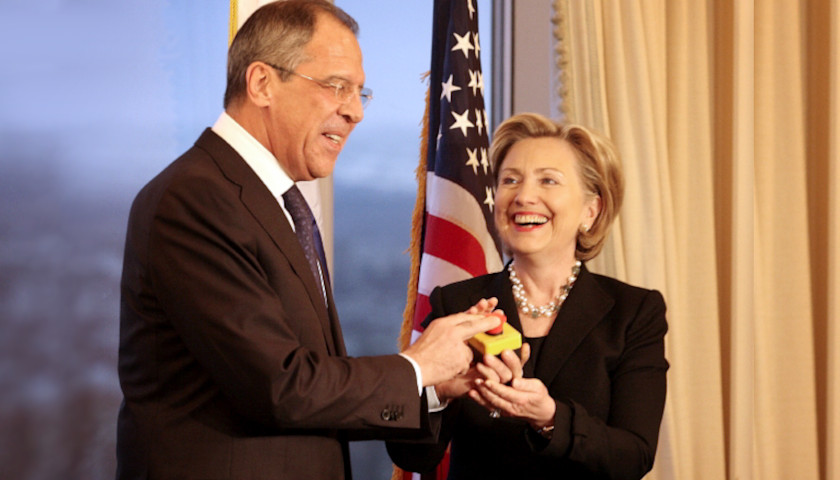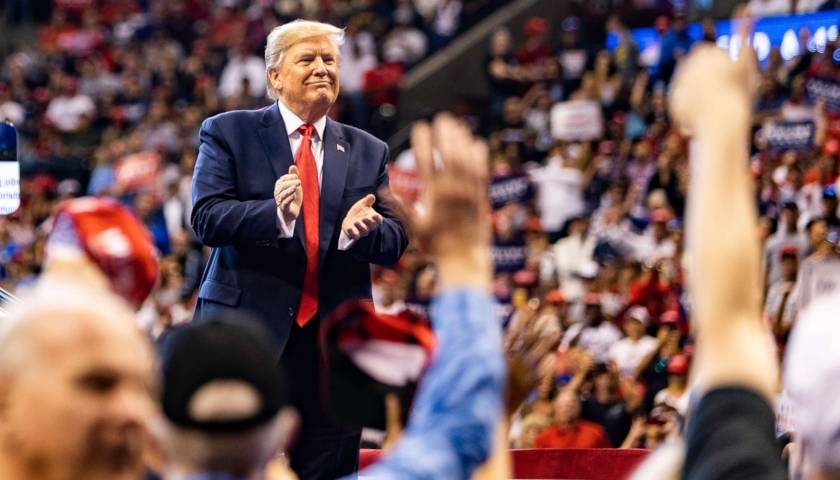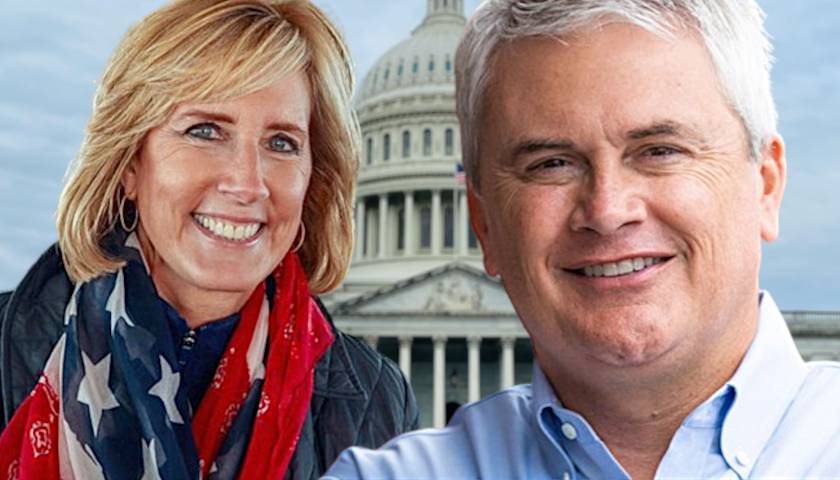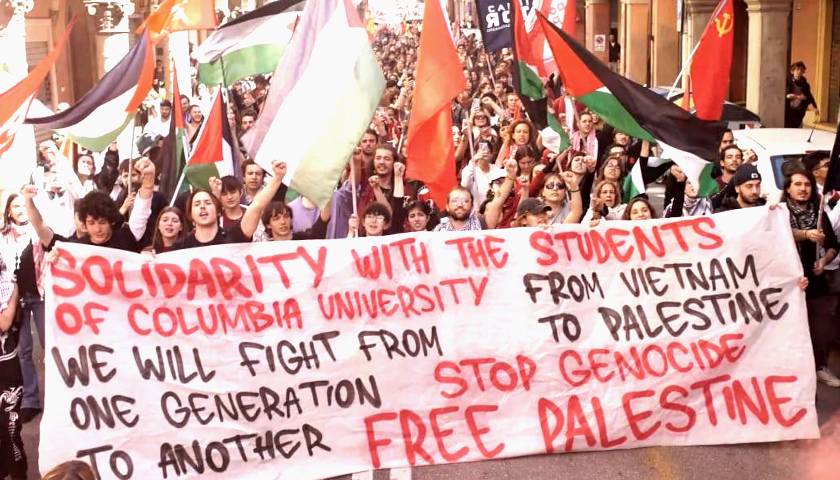The U.S. nuclear energy sector’s dependence on Russian uranium created during a failed Obama-era reset with Moscow is coming back to bite Americans as the Kremlin moves to block future exports of the vital fuel.
Read MoreTag: Rep. Claudia Tenney
RNC’s Embrace of Trump Platform Signals Shift in GOP as Old Guard Fades in Influence
Whereas Donald Trump as the 2016 Republican presidential nominee battled the GOP establishment over changing the party’s direction and in 2020 faced substantive internal resistance during his reelection bid, he now appears as the 2024 nominee to have won control of a party apparatus willing to embrace his policy platform and earnestly support his efforts.
The Republican National Committee on Monday formally adopted Trump’s 2024 party platform, which focused heavily on economy and border security issues. While both issues have been topline issues for Trump throughout his political career, the platform’s inclusion of other provisions highlighted the extent to which his own agenda had inserted itself into the party.
Read MoreCongress to Leverage ‘Power of the Purse,’ Taking Aim at Big Education Amid Ugly Campus Riots
The debate in Congress over federal funding of education dates to the days of Thomas Jefferson, but for the first time since Jimmy Carter created the U.S. Education Department a large number of lawmakers are now openly discussing cutting funding and changing the tax code to punish universities that have failed to quell anti-Israel riots and force a shift from the far-left ideologies that have taken root on most campuses.
“I think that the American people are pretty outraged about this, and they expect the Republicans in Congress to respond in kind with the power of the purse,” House Oversight Committee Chairman James Comer told the “Just the News, No Noise” television show last week after visiting the protest-wracked George Washington University campus.
Read MoreCongress Seeks to Unmask Funding for Students for Justice in Palestine and Its Anti-Israel Protests
The National Students for Justice in Palestine is a driving force in the anti-Israel protests sweeping across the country at college campuses. The national group says it supports 350 “Palestine solidarity organizations” throughout North America, primarily SJP chapters across America.
The funding of the student chapters largely come from U.S. universities, however, National SJP is funded through intermediaries and it is not required to disclose its own finances. This dark money arrangement has obscured funding sources and donations to the group and has spurred congressional interest.
Read More



